
Blog
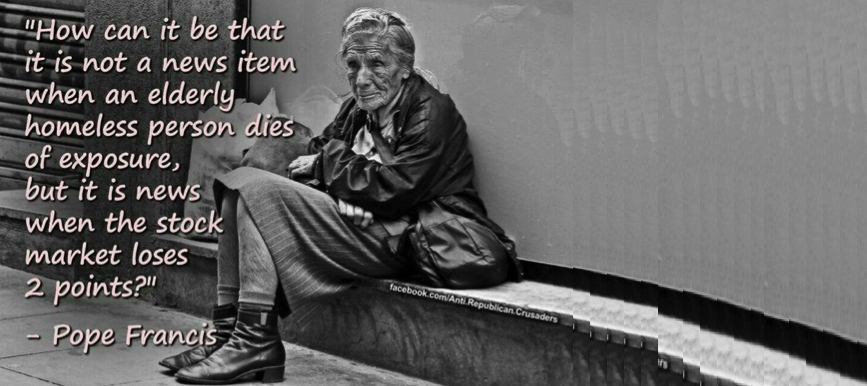
Here is a line from the sacramentary (big, red book
on the altar from which the priest prays the Eucharistic prayer) that I have
publicly prayed numerous times over the past 23 years without giving it the
attention it deserves. It goes like this; notice the last part especially. “Therefore,
as we celebrate the memorial of his Death and Resurrection, we offer you, Lord,
the Bread of Life and the Chalice (Cup) of salvation, giving thanks that you
have …
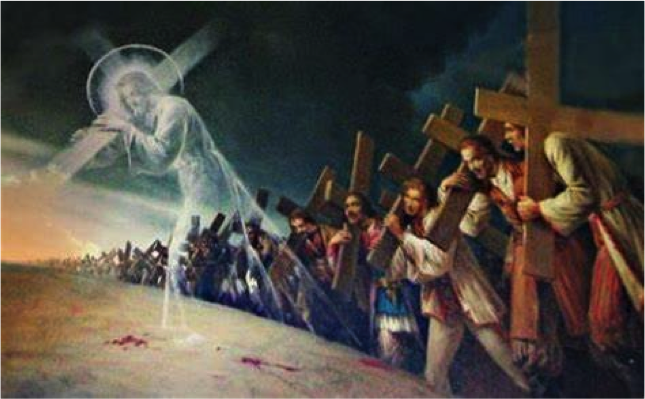
Peter,
in last weekend’s gospel account, made his profession of faith, “You are
the Christ, Son of the living God,” in a place surrounded by pagan
images and Roman power. This was a difficult place, to say the least, to
profess your faith in the one, true God. Jeremiah, in today’s first reading,
also struggles and succeeds, like Peter, in speaking God’s truth as a prophet.
He felt he was too young and inadequate for the job God was …
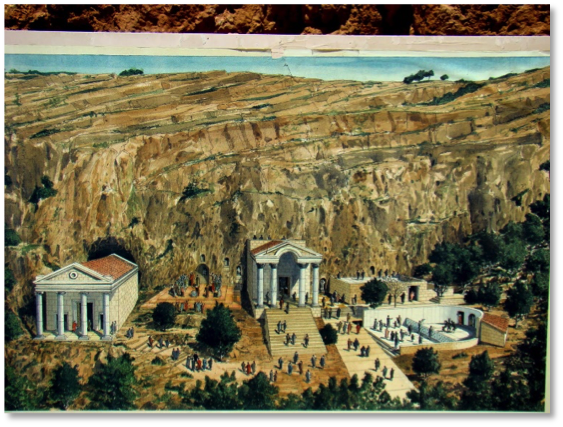
A
little bit of context usually helps us understand the Word of God better. Here
goes. Hezekiah was a good king in Judah. Although appointed by the pagan
emperor in Rome, the king in Judah was still a Jewish king, and he looked after
the interests of his Jewish brothers and sisters making sure they could still
practice their faith in the one, true God with little interference from Rome.
Unfortunately, Hezekiah’s chief of staff, the highest ranking official …
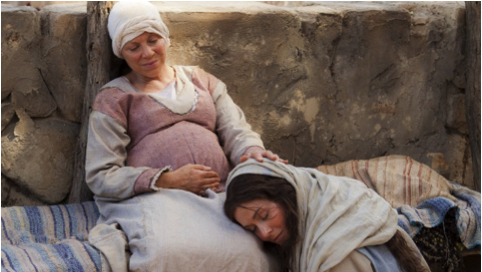
Historically we have said that, as a Church, the two major ways our faith is passed on is through Scripture and Tradition. Scripture is what was huddle around each time we gather for liturgy and each time we open and read our Bibles at home. It is God’s Word preserved, interpreted, and passed on so that we can know how God called our ancestors to live back then and how God calls us to live here and now. Tradition, …
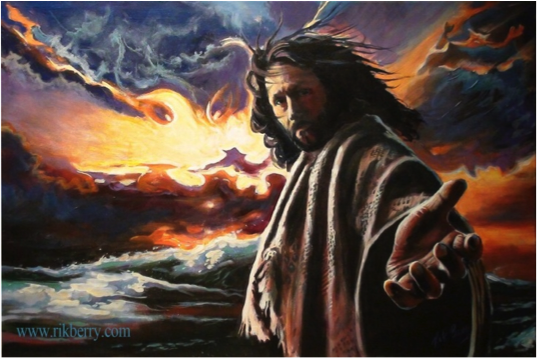
The Scripture stories we have today are about the
importance of discerning the voice of God and about the importance of
community.
A little context to help us enter the first reading. The
prophet Elijah lived some 900 years before the birth of Jesus. At that time the
Jewish people were divided into two sister countries, Israel in the North and
Judah in the South. In the North, where God had called Elijah to preach, …
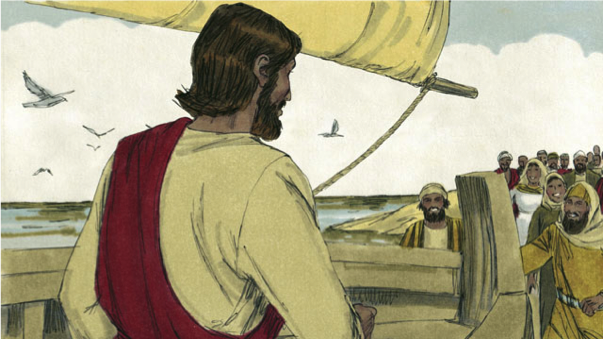
Of
all the miracles Jesus performed this is the only miracle found in all four
gospels. The Early Church must have thought this story was indispensable in the
lives of people. They just had to tell this story. In fact, it is found twice
in the Gospel of Matthew.
Opening lines are very telling. This is the opening line of today’s gospel account: When Jesus heard that Herod had beheaded John the Baptist, he withdrew …

You may or may not have noticed, but there is a connection between today’s 1st reading (1 Kg. 3:5-12) and the gospel (Mt. 13:44-52). It is deliberately set up that way from week to week in the Lectionary. In these two readings we are deterred from seeking or settling for anything that is 2nd best, superficial, or mediocre. These Scripture readings rail against dumbing down your life to some low-stub-your-toe-run-of-the-mill kind of spirituality. What they do, instead, is invite …
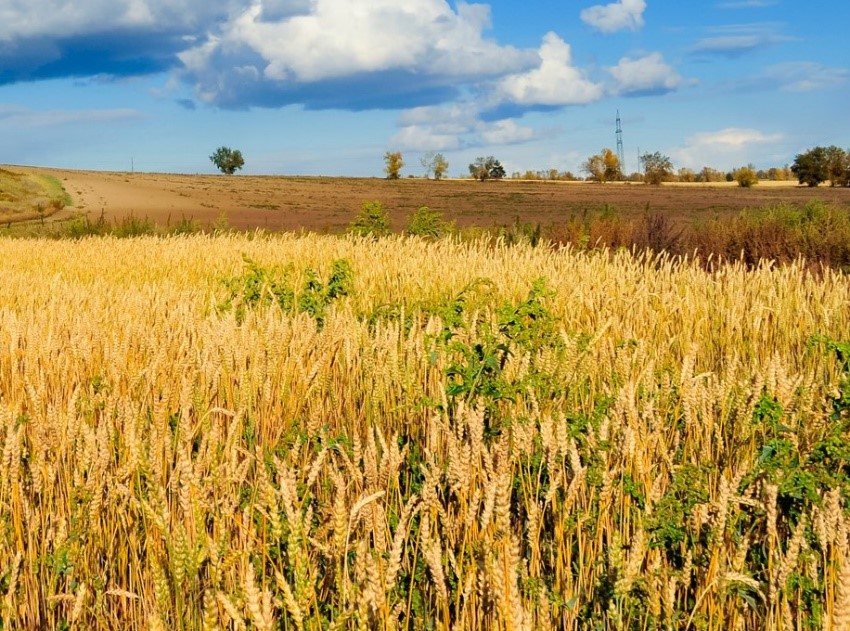
Have you ever wanted to
say something biting to someone, but at the last minute decided against it, and
later on were really glad that you showed some restraint? Did you ever label
someone as an enemy only to discover, with the passage of time, that same
person as an ally? Did you ever want to cut someone out of your life, but you
did not and were glad you did not burn what would later become an important
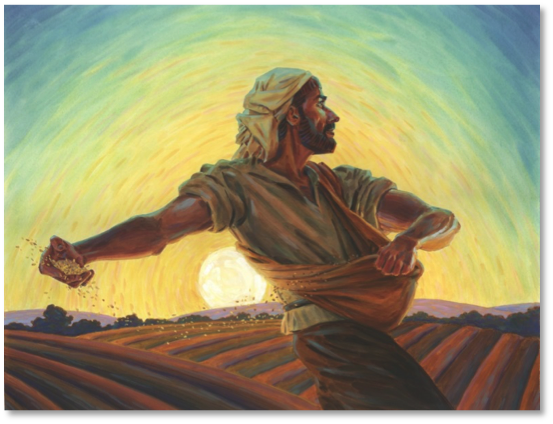
The Parable of the Sower of the Seeds is one of the classic parables. Parables seemed to be Jesus’ preferred way of teaching. All parables, including today’s, have these four things in common: 1) They always bring out a truth, not a scientific or historical, more a mythical truth. Think of when you were a child and your parents read you a fairy tale. They were not true as far as talking foxes go or trolls living under bridges …
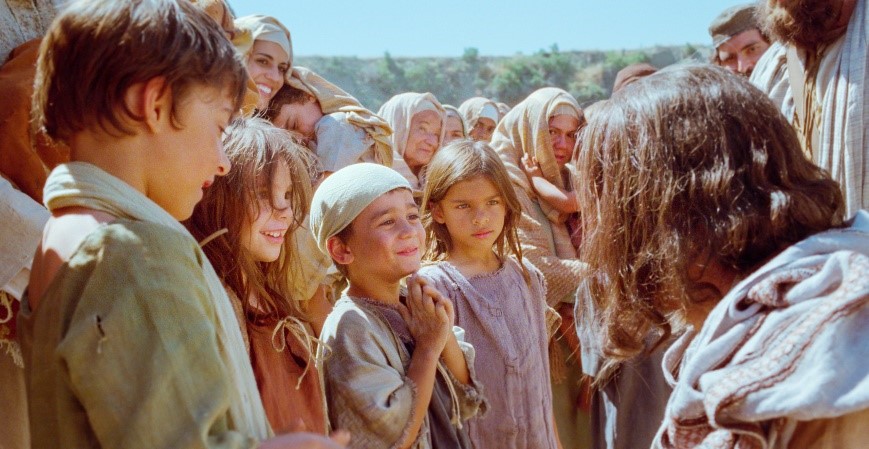
There are two Old Testament prophets of the O.T. who
had particularly keen and powerful visions of a Messiah who was to come. One is
the Prophet Isaiah that
we hear a lot about during Advent. He lived about 700 years before the birth of
Jesus. He speaks about what seems to be impossible scenarios like a lion and
lamb lying down together (lions eat lambs the last time I checked); a
baby putting his hand in a snake’s …